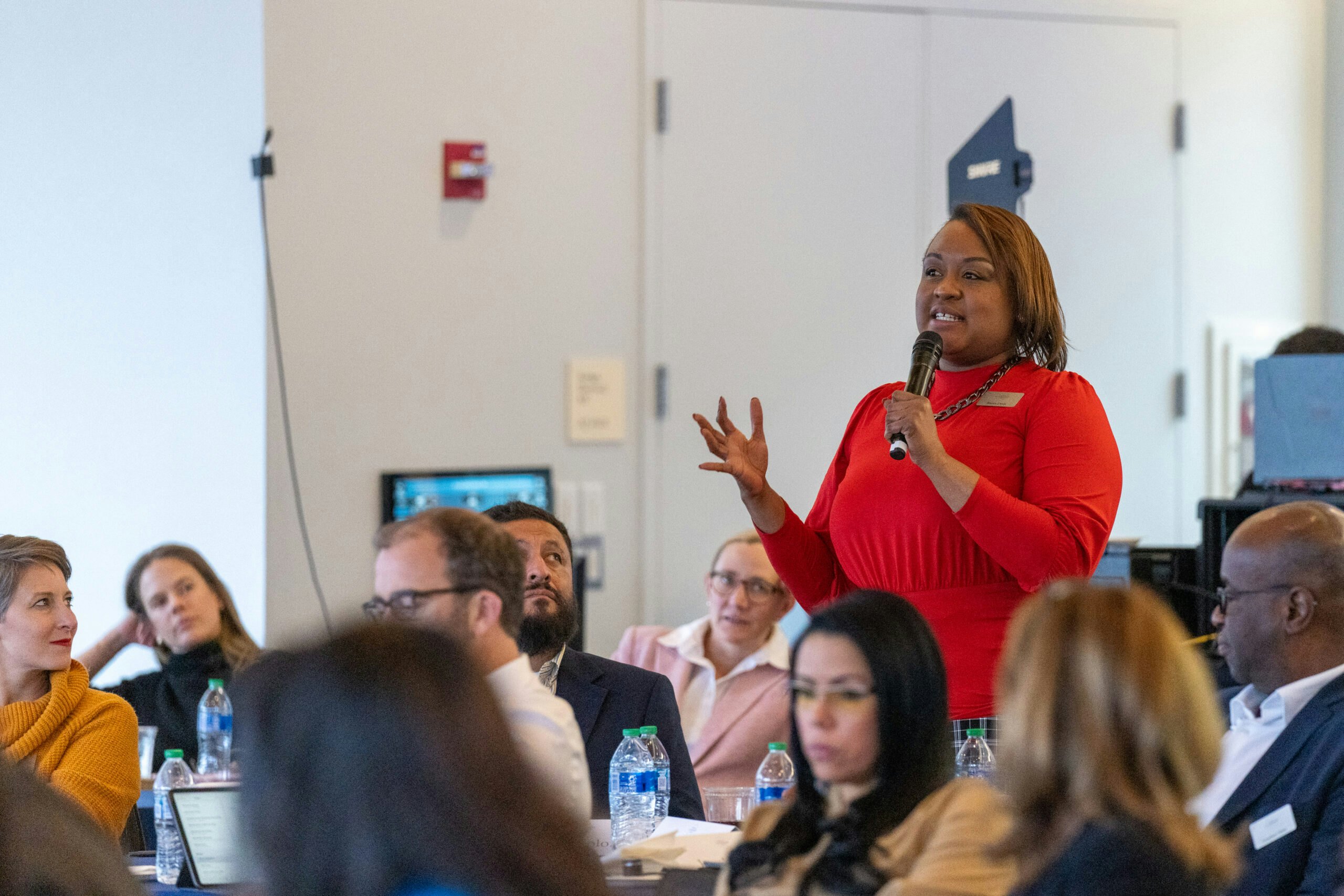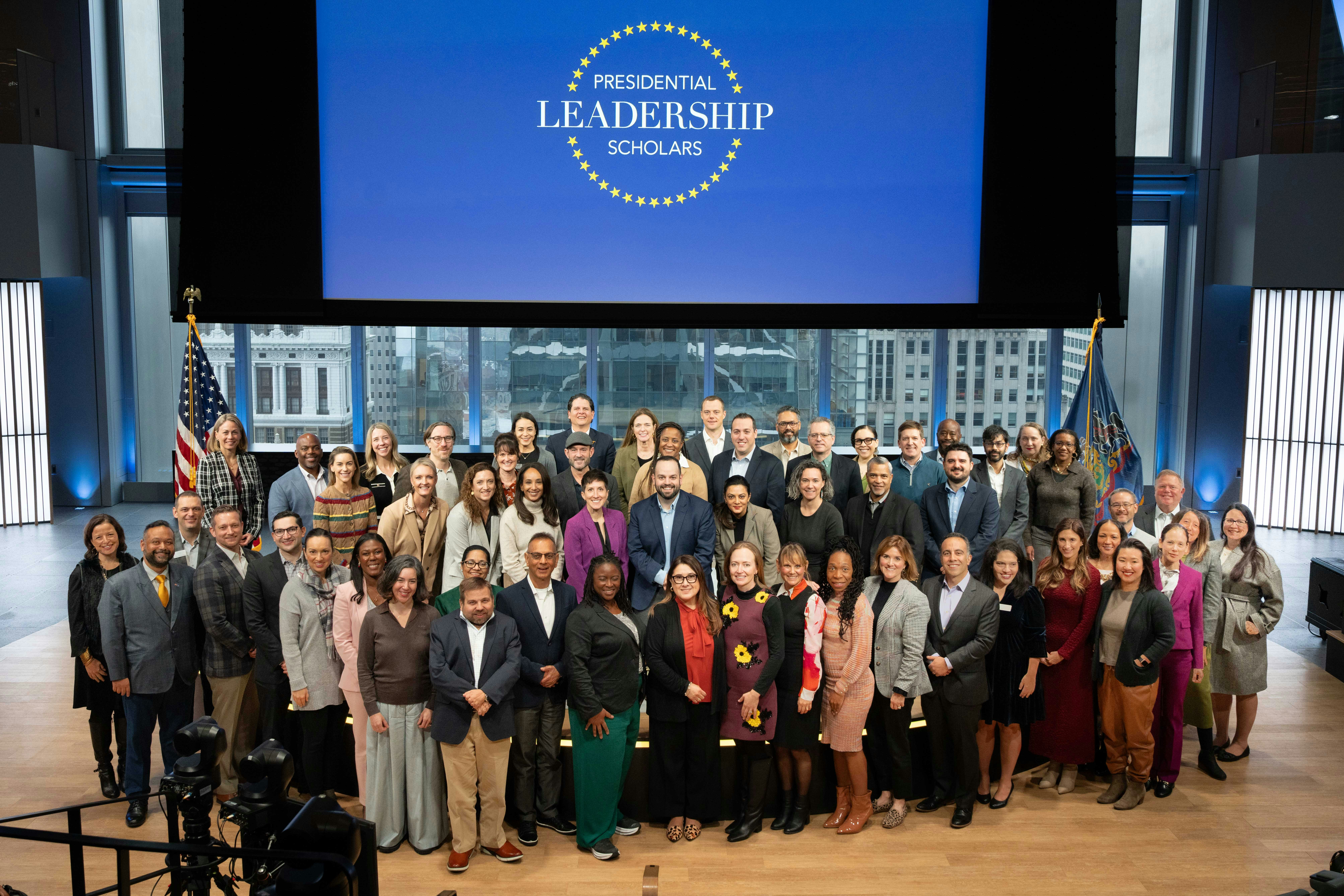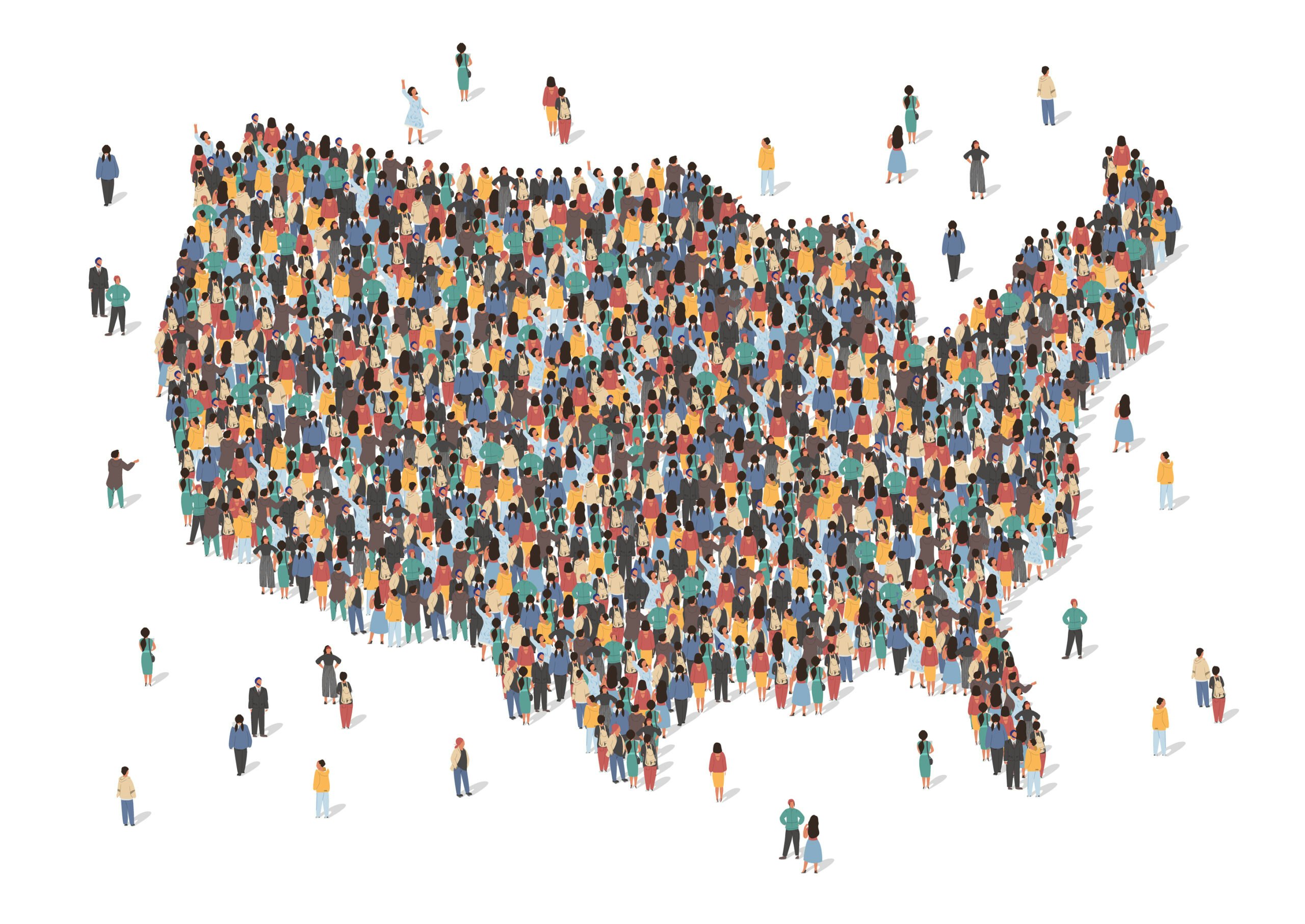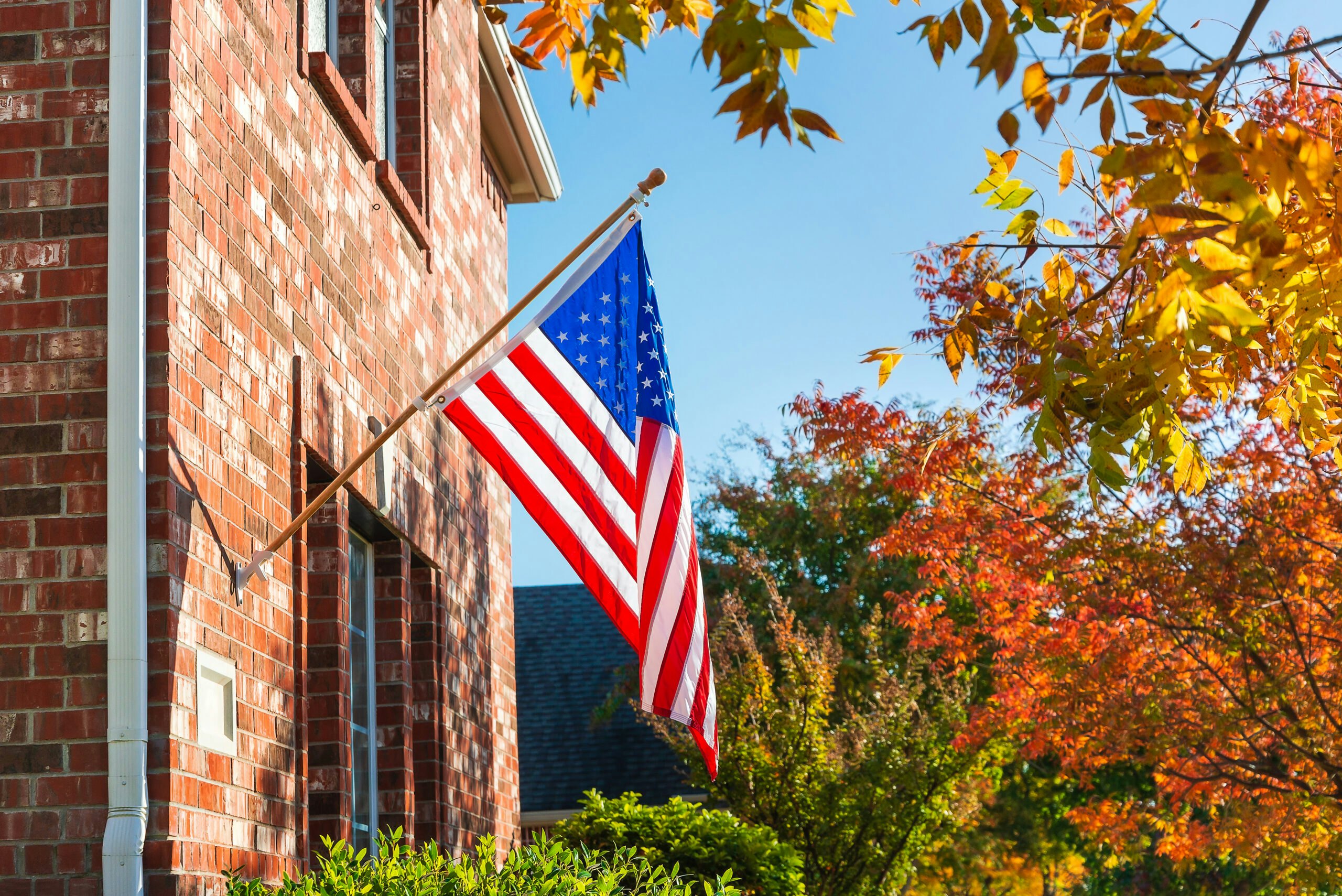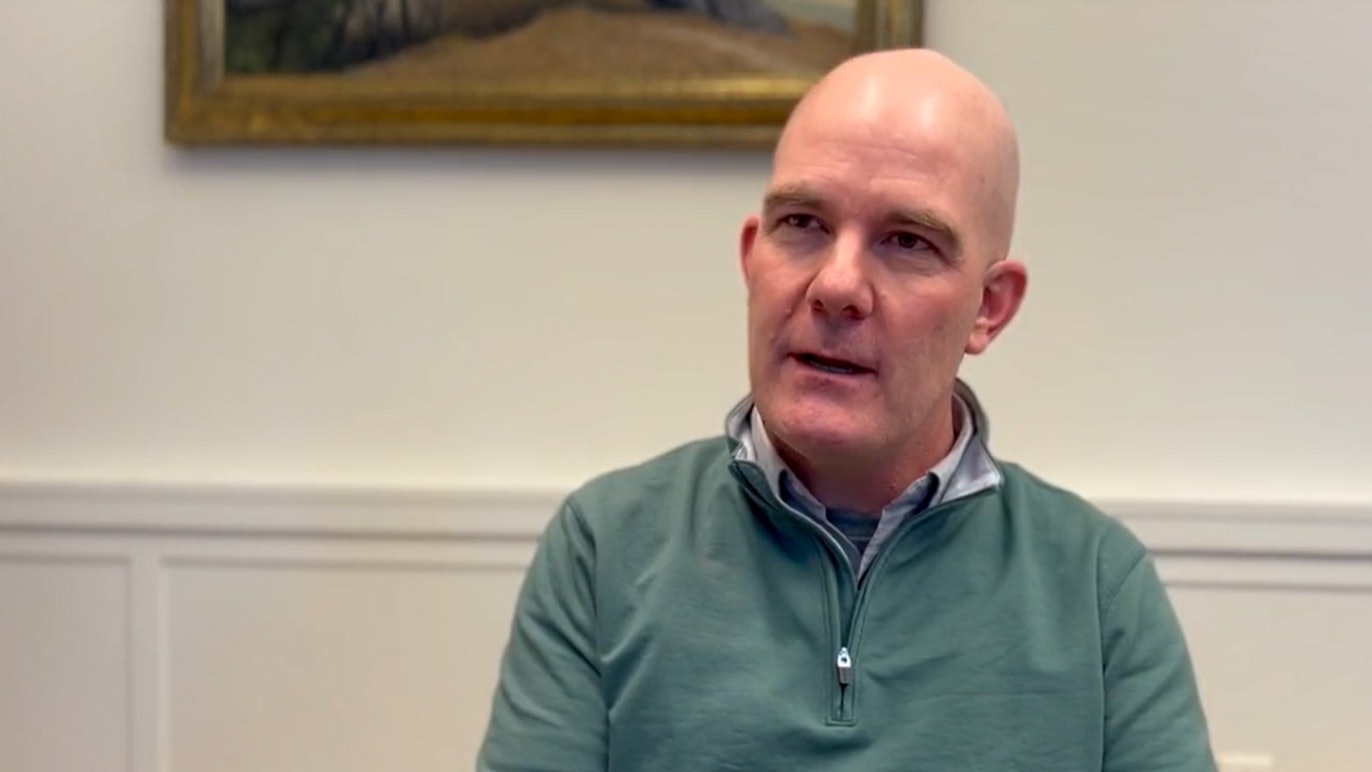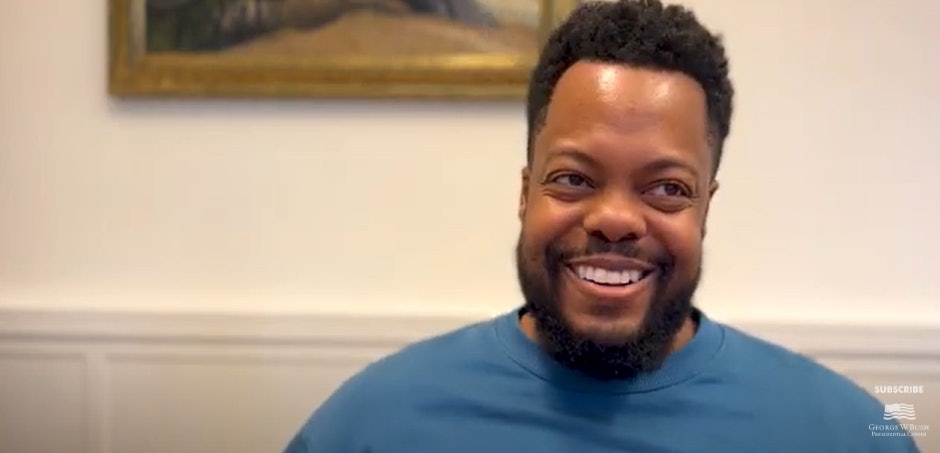Carol Guess, Interim President of the Greater Houston Black Chamber of Commerce, shares her belief about individuals and organizations being intentional about discussing national and local issues in a civil, respectful way.
Carol Guess, Interim President of the Greater Houston Black Chamber of Commerce, believes that institutions, organizations, and individuals alike must be intentional about community engagement. They also need to be intentional about discussing national and local issues in a civil, respectful way. The graduate of Vanderbilt University and the Thurgood Marshall School of Law shared her views about building greater social trust in this Democracy Talks video with Chris Walsh, Senior Program Manager in the Human Freedom Initiative at the George W. Bush Institute, and William McKenzie, Senior Editorial Advisor at the Bush Institute. An excerpt from their conversation, which was edited for length and clarity, is presented below.
How do we create or develop stronger social trust across racial lines?
Guess: First, we have to be intentional. We have to decide that we want to develop trust, and that it’s a priority. Then, we have to figure out our why: “Why do we want this?”
If you look at this issue from a business perspective, which we do because we are a business organization, when everyone is working, there’s greater peace, lower crime, and people are getting along. For those in the business community, there is an incentive to be intentional about smoothing out things from a social and a racial perspective.
Second, we just need to recognize people as human beings that everyone was born free. That’s a tenet of our democracy. Addressing this from a moral perspective, why would someone want to limit another human being’s ability to be free? Especially in this country where we wave that flag on a regular basis and try to show other countries how to do democracy. Freedom has been in the fabric of our history, so we have got to start at home and be a great example of freedom.
So, we need to be intentional, figure out how our why, and use that why to propel us forward.
What do you see as the role of individual citizens in strengthening those bonds?
Guess: You have to start with the person in the mirror. But, again, there has to be that motivating factor. As human beings, we tend to look at situations and wonder, “What’s in it for me? What’s in it for me to reach out to another person of a different race or background and befriend them, or try to understand their experience in this country, or their perspective, or their culture?”
This requires being honest about what’s in it for us, but then moving past that question to stretch ourselves to say, “Well, I can reach out to this person and say, ‘Hey, I want to learn more about your culture, I want to understand what makes you tick as a person?’” This requires looking at yourself and deciding that you want to step out of your own world and be intentional about reaching out to others.
This starts with a personal desire to want to see change. And seeing that if I do this on an individual level, and others see me doing it, this action could have a ripple effect.
And what role should leaders in communities play in strengthening these bonds across racial lines?
Guess: The leaders need to be an example. A lot of us get up and go to work every day, even though we don’t want to do so. We will ourselves out of bed. So, leaders need to will themselves into intentionality and be an example for their constituents and for the citizenry.
Whether leaders like it or not, people are influenced by the things that leaders do and say. Just deciding to be intentional and leading in this area will speak volumes to everyone else. That’s the first step that leaders should take.
Coming out of COVID, which we all hope is happening, what needs to happen to create greater civil dialogue?
Guess: Coming out of this and coming out of the George Floyd incident, there has to be an intentionality and a realization that this is a long-haul matter. It’s not something that is going to resolve itself in two years, three years, or even five years. We need to decide this is going to be the fabric of our living going forward. That’s the first thing about civil dialogue. The second is a return to decency, respect for other people’s opinions, and respect for an open debate of ideas.




